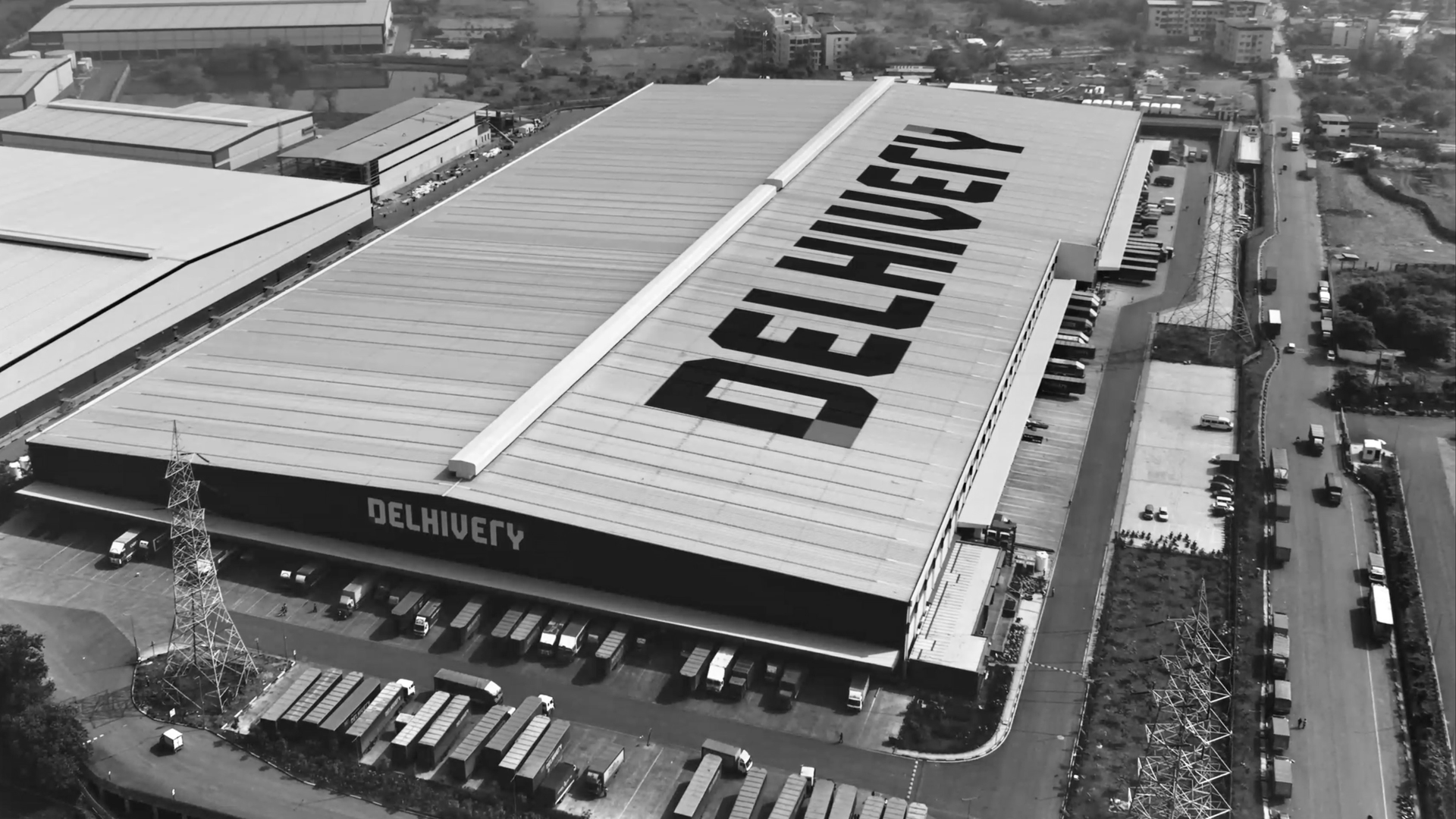How dock-less bicycles are re-shaping the urban cities of India
Not so long ago, when our lives were relatively simpler and rampant urbanization hadn’t taken away the simple pleasures in life, bicycles ruled the city streets. More than a luxury, they were a staple of everyday commutes. Every household would have one bicycle at least and people would paddle their way to covering short and long commutes. However, the growing ambition of the human race came at the cost of this humble, healthier, and fitter lifestyle. Soon enough, motor vehicles took over city roads and the sprawling flora was cleared to make room for concrete streets.
The exchange, however, was less than ideal. Eventually, we didn’t realize when toxic fumes and perils of a sedentary lifestyle became part-and-parcel of our everyday existence. Last year’s opaque fog that hit major parts of Northern India, causing respiratory stress and whatnot, was merely a manifestation of this sordid bargain.
With these pressing challenges, revitalizing cycling and other non-motorized modes for everyday commute appears to be the most plausible solution, especially in urban Indian cities. Cycling for recreational purposes has already been picking up momentum in India. Now, with the advent of dockless bicycles, different users can easily rent a smart bike for their short-mile commutes. Let’s take a closer look at how dockless bicycles are re-shaping urban cities in India.

A complete, stop-less commute
At present, there are several public bicycle sharing systems; however, they are at a disadvantage of being docked. The cycling, in this case, is only harboured around the presence of the docking station, with the cyclists or commuters having to park the bicycles back at the station – a huge limitation for any consumer. Hence, this system could never pick up steam. However, with the introduction of dockless bicycles, the same status quo is being disrupted.
Smart bikes completely eliminate the need of parking the same at a dock. Powered by IoT sensor locks and GPS tracking, the dockless bicycles can be hired remotely via an app, unlocked by scanning a digital QR code, and upon the completion of rides, parked safely somewhere in the vicinity, with the only exception of gated communities or private compounds, etc. This is a sheer revelation in the way modern day public bicycle sharing systems work. For daily commuters, this simply translates into Uber-esque simplicity and convenience. Users that have previously avoided cycling because of lack of availability or freedom can now easily make this healthier lifestyle choice, easily, with the advent of dockless bicycles.
As per the last census, every one out of five Indians struggles to reach their office, as that distance is usually less than 5 km from the metro station or bus stand to their home. To cover this last 11 percent of their commute, they end up spending 42 percent more time and 52 percent more money. Now in such a case, a simple bicycle or an e-bike really comes in handy if it’s available close by. For the user, it saves his/her time as they can quickly pick this bike without waiting for any commute option. Secondly, it provides convenience as it’s available right at their doorstep or outside the metro station walkway or simply at the bus stand where they got dropped, with the beauty of dropping it exactly at their destination.
Three, it also helps the user save some money as the next available option in the form of an auto or cab would be 4-5 times more expensive for the same short distance. Fourth, and most interesting of all, this last-mile commute on a bicycle also helps give back some time for fitness to the rider out of their sedentary lifestyles.
This is furthermore a blessing for the daily metro commuters. Although with the introduction of metro services, a host of commuting woes were resolved, it still didn’t offer a complete last-mile solution. According to a recent study by CRRI, a major part of the metro commute was spent in arriving at the metro station and returning. This short-mile commute added more distress to daily commuters, with the majority of them having to shell out an extra amount for smaller distances. However, with the availability of dockless bicycles in close proximity of metro stations, daily commuters can simply hire a bike and cover short-miles without having to endure a hassled and harrowing experience.
No infrastructure costs
Often, it is not commercially viable or feasible for authorities to introduce colossal changes across urban cities. Thus, in spite of clear benefits, certain ground-breaking projects don’t end up seeing the light of the day. An interesting case in point happens to be the example of Dallas. When pressed with the challenges posed by increasing pollution and ailments erupting out of sedentary lifestyles, Dallas decided to introduce a docked bicycle sharing programme. However, commencing operations with mere 400 bikes, their docking stations, and five years’ worth of maintenance would have culminated into expenses worth USD 6 million.
The same discouraged the authorities from taking the final call in the favour of the public bicycle sharing programme.
However, dockless bicycles provide urban city authorities with a plausible solution to such a challenge as well. Unlike implementing docked stations, there are no upfront investments in dockless bicycle sharing programmes. For once the docking stations and their maintenance are completely ruled out, authorities save a lot of money. Introducing smart bikes is the only investment, and one can always start small and scale-up following the response.
Discouraging the use of private cars
Since the 90s, there has been a 20-fold increase in the number of households with high disposable income. The same has translated into an increase in the private ownership of cars. However, the roadways infrastructure has not progressed at the same pace. As a consequence, city roads choke with congestions due to an increase in the number of cars on the road. Various schemes like the odd-even system, etc. have been introduced to reduce the number of vehicles hitting the city roads. However, promoting dockless bicycles and e-bikes is one of the easiest ways in which the same can be ensured.
For instance, when a dockless bicycle programme was implemented in Shenzhen, it resulted in a 10 percent decrease in the use of private cars, as per the Transport Commission of Shenzhen. Given the perpetual traffic congestion daunting the city roads of India, a reduction in the use of single-driven private cars would definitely allow the roads to get much-required breathers.
New and young India is ready to accept this with open arms as they’re app-savvy. Mobile data is abundantly available and Indians have picked up digital mode of payments for their convenience. Gone also are the mindsets where old India used to see bicycles as a downgraded mode of transport. Young resurgent India rather likes to flaunt it while riding this bicycle, realising that they’re giving a little back to the environment and to themselves while they’re on a bike. The initial dockless bike sharing scene which has mushroomed recently in India lends credence to this trend.
Ushering urban cities into smart shared mobility
Connected consumerism is on the rise in India, enabled by the growth of smartphone users and easy affordability of mobile data. Promoting dockless bicycles works in tandem with the wave of digitization that has been sweeping across the country. City dwellers can easily rent a bike in the vicinity from the app and park it anywhere upon completion of the ride. The smart bikes are integrated with IoT sensors and GPS tracking technology to give visibility and negate any chances of theft. Owing to this integrated technology, it is possible to monitor and maintain these smart dockless bikes remotely.
30+ smart cities in India have a mandate to implement public bicycle sharing with dedicated cycle lanes and infrastructure, and many of them have opened themselves to the concept of dockless bike-share, which costs almost nothing to the exchequer while solving a big problem for city dwellers.
In essence, urban cities have a lot to gain from the mainstreaming of dockless bicycles. From resolving short-mile commuting problems to promoting healthy lifestyles and reducing the number of private cars on the streets, metropolitan landscapes can be completely transformed with the help of smart bikes.
Akash Gupta is the Founder of Mobycy, India’s first dockless bicycle sharing app.
(Disclaimer: The views and opinions expressed in this article are those of the author and do not necessarily reflect the views of YourStory.)







